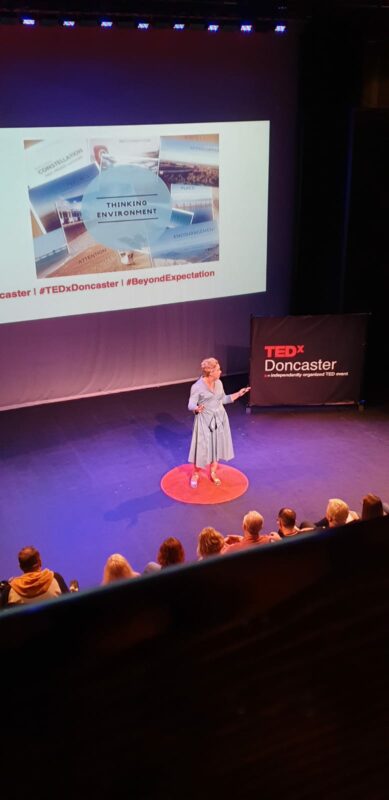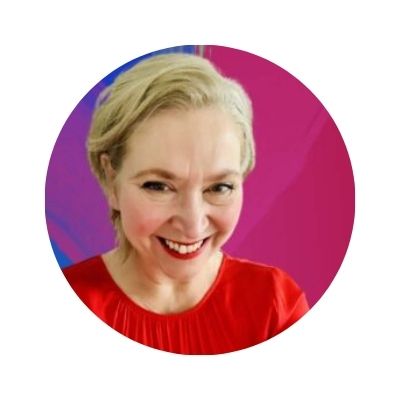Joy at Work: Letting Go of the ‘Stuff’

When I started working with joy as a practice principle, a few years ago now, it was very much not the Marie Kondo type of joy, oh no. Except – of course – it also was ???? Kondo’s approach at home and work is all about decluttering and there’s no doubting that FE is cluttered up with ‘CPD’ that sticks around longtime (you still there, Learning Styles?)
Possibly the most significant learning for Joss Kang and me during the years of (national professional development project) #APConnect was the breaking down of Professional Development into expert-led CPD and peer-led professional learning (i.e. communities of practice, or constellations).

There has long been criticism in FE of the sort of ‘sheep-dip*’ one-size-fits-all CPD which does the rounds every year and it’s not as popular as it used to be because organisations do sometimes listen to their staff! What we learned is that it’s hugely important to get the experts in, from time to time. People spend years of their lives researching aspects of the educational process, time that busy educators don’t have. It’s the sheep-dip that’s the problem, not the expertise.
So there will always be a place for expert-led CPD, particularly cutting-edge stuff, particularly subject- or context-specific stuff. The issue is that we don’t need nearly as much of it as we think we do. And we need to do something with it, rather than leave it cluttering up our heads (and our staffrooms). We’re just guessing here, but based on our experience over the past few years we figure a good professional development balance is 10% expert-led CPD to 90% professional learning, in community.
How do we know that CPD is what we need?
Well, it’s one of the things that gets us unstuck, a bit like the component of Information in Thinking Environment work. When we’ve a piece of information missing (and I mean information, not opinion), our thinking gets stuck. We might be trying to plan an event with no idea of the date, for example, or the venue, or how many people are coming along. It’s at those stuck points in our practice that the input of expert-led CPD is a breath of fresh air, be it philosophical or practical. And it literally doesn’t matter whether we get it from a speaker, or a podcast, or a research paper, or a book or all four. Whatever works.
The caveats are that ‘information’ (even research findings) go out of date – as do reading lists, FYI. And that expert-led CPD often needs contextualising to do its best work. That’s where peer-led professional learning communities come in.
Our big learning was that professional development should be community-first, content-second. That’s a paradigm shift for FE, which holds its content dear. Marie Kondo would be busy with the recycling boxes in many of our staffrooms. What a healthy community does, is to enable practitioners of all flavours to make CPD ‘stuff’ work for them. This goes beyond the ‘sharing good practice’ trope of conventional professional learning – not that there’s anything wrong with sharing, anti-competitive practice benefits us all – but the recipient needs space to figure out how to make use of the share.
Peer-led, professional learning puts that expert-led CPD to work, meaningfully. Professional learning communities open up thinking spaces, create opportunities and offer critical friendship to make new ideas actionable in ways which make it possible to lead and sustain change. Better decisions are made when we slow down thinking, and think together. Marie Kondo would appreciate the decluttering of mental space that being part of a healthy professional learning community brings.
*Thanks to SJ White for that entertaining phrase.












Responses